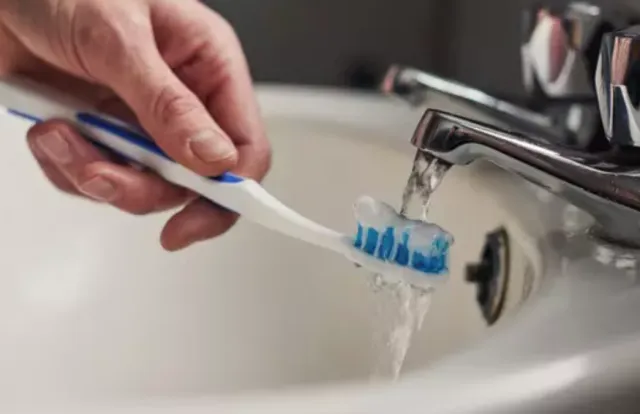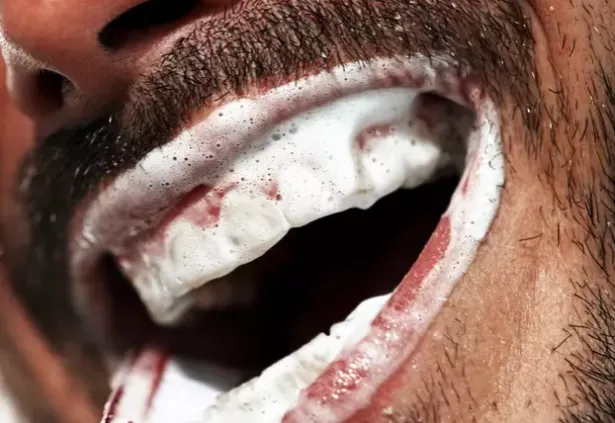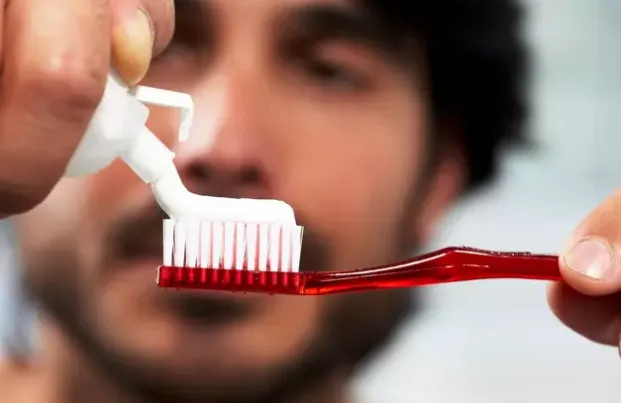Toothbrush replacement every three months is essential to maintaining effective oral hygiene and preventing long-term dental issues, according to dental experts.
A small habit that makes a big difference

It’s easy to overlook simple routines that impact our health—like changing the filter in a coffee maker or switching out batteries in smoke detectors.
But among the most neglected habits is replacing our toothbrush on time.
Even if you’re brushing twice a day, using an old toothbrush can do more harm than good.
Worn-out bristles don’t clean your teeth effectively and may leave behind plaque, bacteria, and food debris—leading to cavities and gum issues.
How often should you replace your toothbrush?

According to Dr. Joshua Perlman, a dental professional who spoke with Daily Mail, your brush should be replaced every three months—or even sooner in some cases.
“When toothbrush bristles are overused, they become weakened or frayed,” says Dr. Perlman. “Frayed bristles lose their ability to clean teeth effectively.”
Using a frayed toothbrush means you’re not cleaning between the tight spaces where bacteria often build up.
That’s why replacing your brush regularly is a key part of any proper oral care routine.
Signs it’s time for a new brush

While the three-month rule is a good guideline, some situations require a replacement sooner. You should get a new brush if:
- The bristles are bent, worn, or frayed
- The toothbrush has an unusual smell
- You’ve recently been sick
- The bristles have changed color
- You’re brushing aggressively and notice early wear
Ignoring these signs could lead to a buildup of bacteria and decrease the effectiveness of your brushing.
Toothbrush maintenance: keep it clean and effective
Aside from timely replacement, taking care of your brush also matters.
Rinse it thoroughly after each use, store it upright, and let it air-dry.
Avoid covering it or storing it in a closed container where moisture can lead to bacterial growth.
Regular maintenance plus timely replacement ensures that your toothbrush does its job—protecting your teeth, gums, and overall oral health.